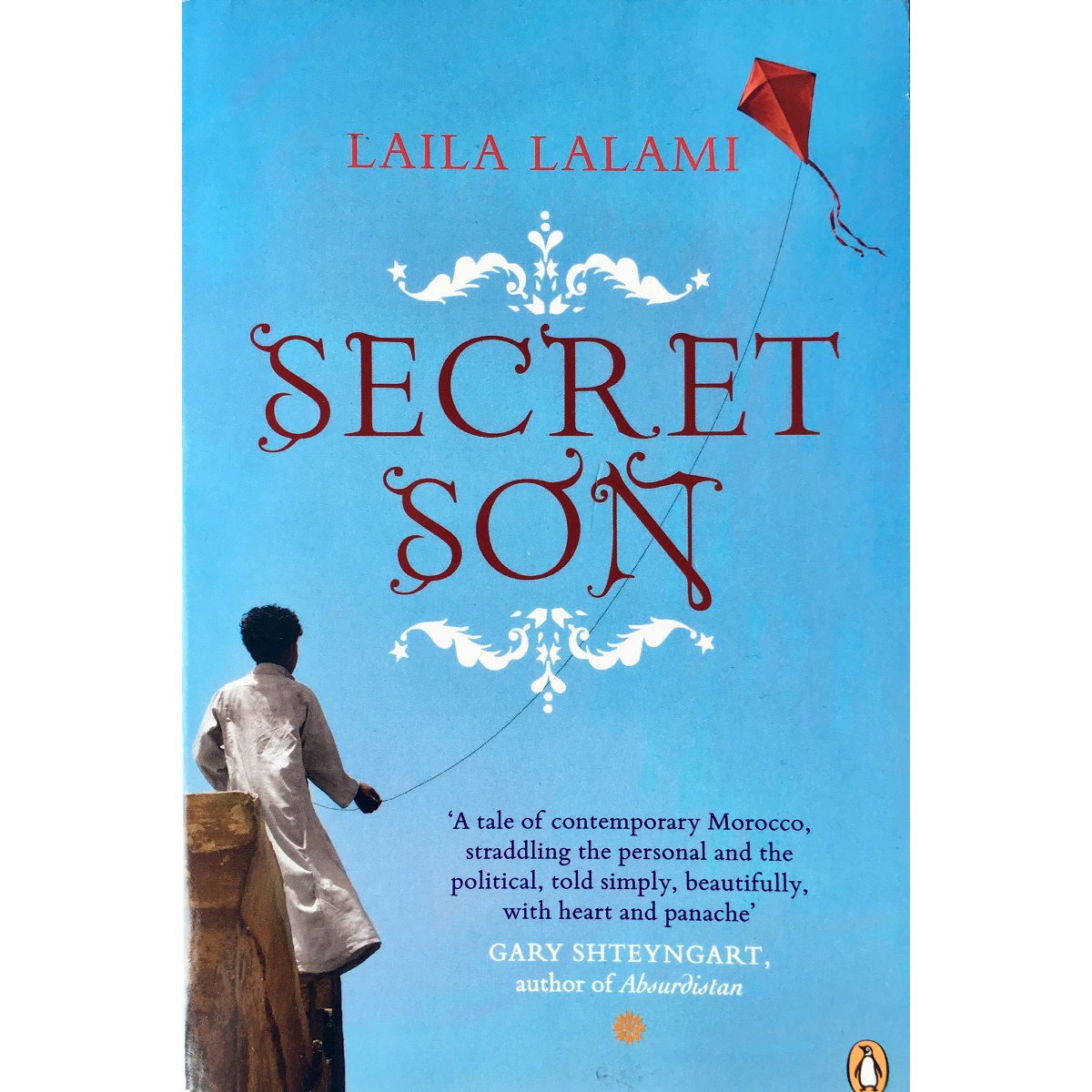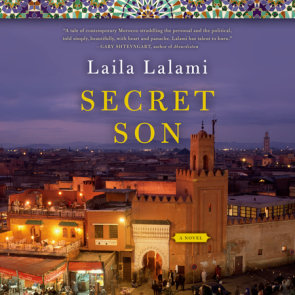

None of the main characters in this novel are exactly who they seem to be-Youssef El Mekki is not the son of a schoolteacher Amal Amrani is not living the life her family thinks she does Rachida Ouchak is not exactly the orphan she has told her son she was and Nabil Amrani is not the upstanding husband and father he has always pretended to be. Youssef has to negotiate competing allegiances of family, society, and ideology, and I think I was interested to see whether he would reach any definitive answers.

It was about belonging, about the complications and difficulties of individual identity in an increasingly messy, sectarian, and global world. Eventually, though, I came to see that in fact the novel was about other things altogether.

What mattered more to me was the emotional weight of the novel, whether it had the ability to move me both as a writer and as a reader.īecause the main story was set against a background of Islamic fundamentalism and corrupt liberalism, I thought at first that those thematic concerns would be the main driving force in the book.

Believability, however, was not an overriding concern for me. The story of the illegitimate son has been told many times, and with the increasing liberalization of social mores it may seem to some readers to be quaint, or even outmoded, but in Morocco, where societal constraints still retain some of their power, the story of Youssef is at once believable and ordinary. Youssef sets out to find Nabil and, much to his surprise, is welcomed into his father’s liberal, sophisticated, yet highly corrupt world. Early on in the novel, he finds out that his long deceased father, whom he believed was a poor, respected schoolteacher, is in fact Nabil Amrani, a wealthy businessman living in the same sprawling city of Casablanca. Youssef El Mekki-for that turned out to be his name-was shy, bookish, gullible, by turns sensitive to others’ feelings and oblivious to them. I followed that image and others like it, pixel by pixel, for the next five years, finding out more about this character as I went along. I had a blurry image in my mind of a young man hands stuffed in his pockets, he was walking home to the shack he shares with his mother after watching a movie at a nearby theater. (Of course, it always rains in Portland, so this was a wholly unremarkable day.) I took my notebook into the dark living room, sat by the fireplace, and started writing. At the time, I was living in Portland, Oregon. I was still revising Hope and Other Dangerous Pursuits, but I longed to try my hand at something new. I remember clearly the day I began working on the manuscript that became Secret Son.


 0 kommentar(er)
0 kommentar(er)
